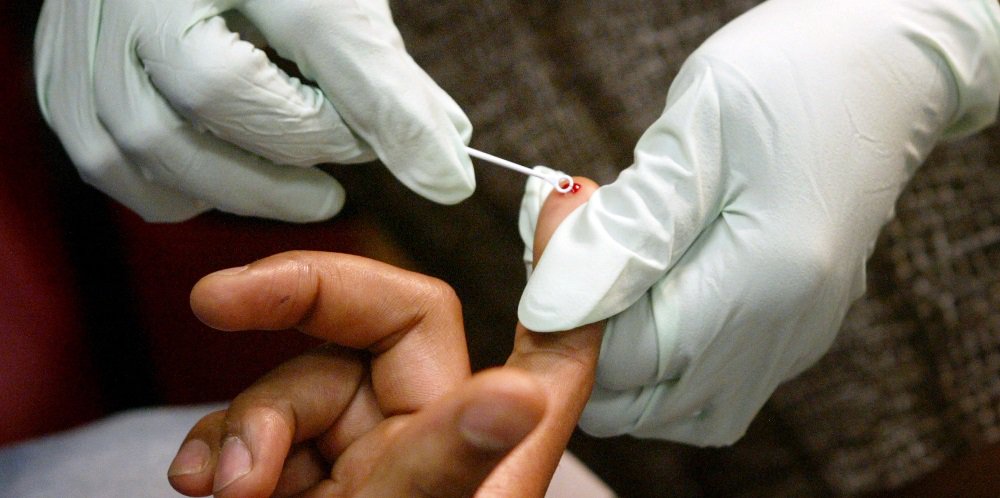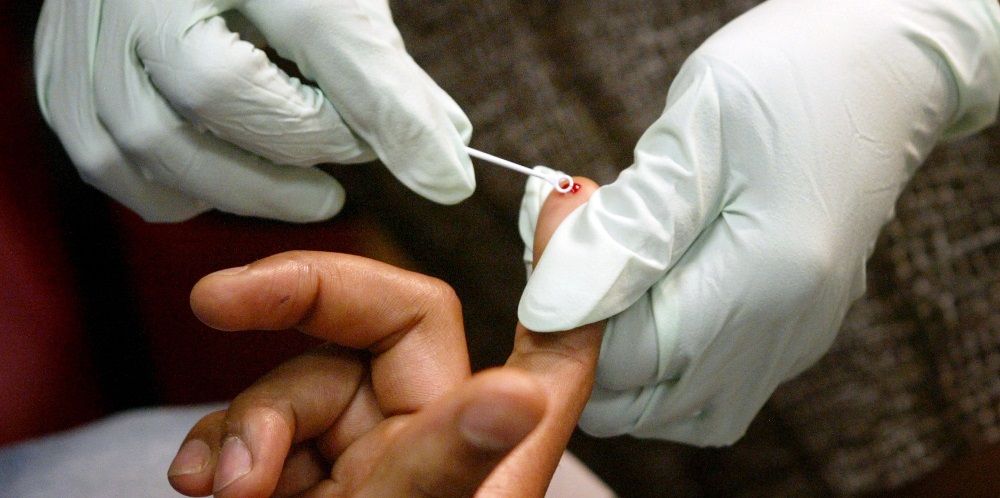It’s National Blood Week – and gay men still aren’t able to donate
By Ross Semple

This week is National Blood Week and the start of the #ImThere social media campaign to encourage people in the UK to donate their blood. Many people on Twitter have already started sharing their blood donation story – usually accompanied by a picture of their arm with a plaster, marking the spot where their life-saving blood was taken from. But among the stories of people at blood donation centres, the campaign has once again raised the question: what about men who have sex with men?
Currently men who have sex with men are banned from donating blood, if they’ve had protected or unprotected anal or oral sex with another man in the past 12 months. The one year exclusion period was brought into effect in 2011, giving men who have sex with men the opportunity to give blood for the first time since the 1980s.
Prior to 2011, gay and bisexual men were simply banned from giving their blood altogether. According to the Give Blood website, the ban is in place to ensure that they are able to provide a safe supply of blood to hospitals. That being said, they are not responsible for implementing the so-called ‘gay blood ban’.

We know that men who have sex with men are at higher risk of acquiring certain blood borne viruses. Not only are we at greater risk of acquiring HIV, but gay and bisexual men are also at risk of acquiring Hepatitis B, for example, which takes 12 months to clear. That being said, it’s now being argued that the exclusion period should be once again reviewed, as a means of looking at ways to reduce the deferral period.
The Advisory Committee on the Safety of Blood, Tissues and Organs set up a working group in early 2016, in order to explore any new scientific evidence that would support a case for making changes to current blood donation policies. Over a year later, there are yet to be any changes to the current policy.
Like many gay and bisexual men, I too would like to be given the option to give blood. I don’t know when or if I’ll ever need a blood transfusion, but if I’m healthy now, then why not donate? Unfortunately, the current regulation doesn’t seem to mirror the sexual health of all gay and bisexual men. For example, a new policy could include regular sexual health screening, as a means of demonstrating consistent safer sex practices.

Following the terror attacks in the past months, we have seen heart-warming scenes of people lining up at blood donation centres to give blood to those who have been injured. Many of us feel helpless when we hear about such incidents, but giving blood to help others is just one way to feel like we’ve done something to help. Of course, those in need may be closer to home. I have read about gay men who are unable to donate blood to their close family members because of the current regulations.
It’s clear that blood donation regulations are in place to protect the safety of anybody who receives a blood transfusion. On the other hand, isn’t now the time to start looking at new evidence to potentially allow gay and bisexual men additional opportunities to give blood?
Donating blood is an opportunity for many to contribute to wider society and help people they will never meet. In the future, I hope that I too will be able to give blood, based on up-to-date evidence and policies that incorporates sexual behaviour alongside statistical risk.
Words by Hadley Stewart
More stories:
Russell T Davies and Shonda Rhimes team up for US version of Cucumber
JayJay Revlon talks voguing and celebrating queer art ahead of London Ball Remix event
